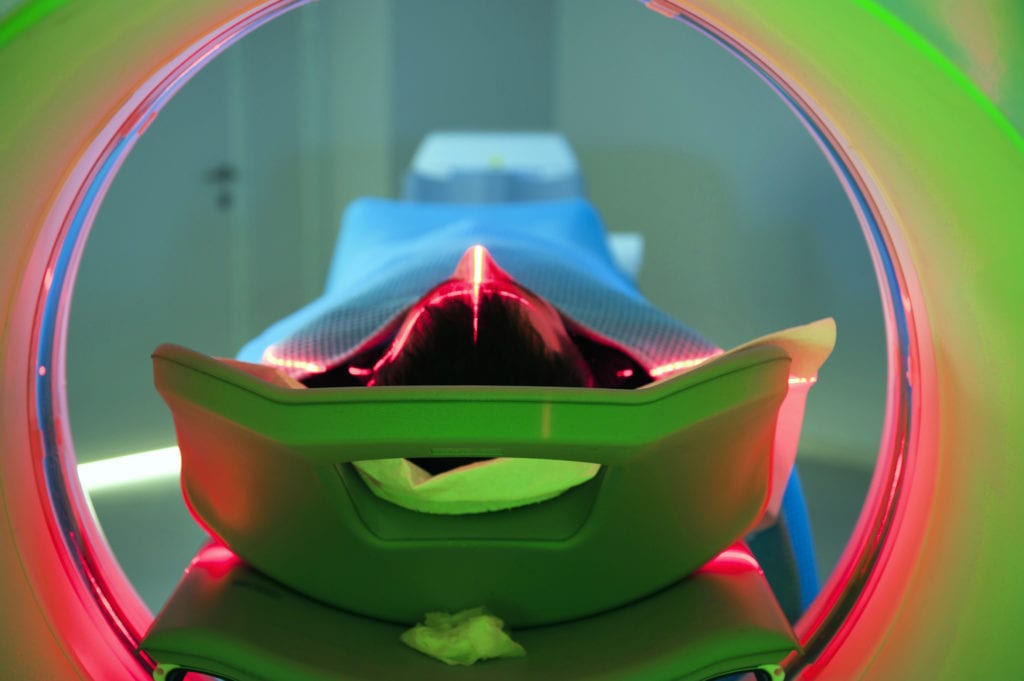
Winship Cancer Institute of Emory University is responding to the increased need by opening a new and innovative head and neck cancer clinic at Emory University Hospital Midtown. The new space on the 10th floor includes 22 care rooms that allow multidisciplinary providers to come directly to the patient during a single appointment. Winship at Emory radiation oncology experts are also offering treatment for certain patients at the new Emory Proton Therapy Center, just two blocks from Emory University Hospital Midtown.
Here is more information about head and neck cancers that will help you to be aware of symptoms and potential risk factors.
What is Head and Neck Cancer?
Head and neck cancer includes any cancer of the skin and mucosal surfaces of the head and neck, such as:
- Mouth (gums and tongue)
- Nose and sinuses
- Oropharynx (tonsils, back of tongue)
- Salivary glands
- Skin of the head and neck
- Throat, larynx
You use these organs for important functions every day, including speech, swallowing, smell and taste.
Smoking and drinking alcohol put you at greater risk of developing head and neck cancer. In addition, head and neck cancer, especially of the oropharynx and base of the tongue, may be linked to HPV (Human Papilloma Virus), a virus passed commonly during sexual activity.
Common Symptoms of Head and Neck Cancer
Head and neck cancer symptoms vary depending on the exact location, but the most common symptoms include:
- Difficulty swallowing and/or pain when swallowing
- Ear pain
- Non-healing ulcers in the mouth
- Pain in the head and neck that does not improve
- Lump in the neck that does not resolve with antibiotics
- Hoarseness or other chronic changes in voice
- Unexplained loosening of the teeth
If you have any of these symptoms, talk to your doctor about screening for head and neck cancer.
Advanced Treatment for Head and Neck Cancers
Winship’s multidisciplinary team of head and neck experts meets regularly to discuss the right treatment options for patients. Therapy may include surgery, chemotherapy, immunotherapy, or different types of radiation therapy, including proton therapy.
At the Emory Proton Therapy Center, you can access the world’s most advanced radiation technologies and treatments for specific cancers, including head and neck cancers, as well as renowned specialists from Winship at Emory.
Proton therapy is a specialized form of external beam radiation, an important part of successful treatment for many forms of cancer. Specifically, for head and neck cancers, proton therapy delivers radiation with proton particles directly to the tumor, greatly reducing the amount of radiation to healthy, normal tissues. This may help prevent side effects from treatment, such as dryness of the mouth or long-term dental decay. Proton therapy may be integrated into your overall care plan, which may include surgery, chemotherapy, or immunotherapy. Your doctor may also suggest other radiation treatment options depending on your particular form of cancer. In some cases, proton therapy may be the only treatment required.
Winship medical oncologists continue to see improved survival and quality of life for head and neck cancer patients who are treated with immunotherapy. Within the last three years, two FDA-approved drugs falling under the category of immunotherapeutic agents were cleared for use for metastatic cancers. Continued research to develop these drugs means you may experience fewer side effects when compared to chemotherapy.
Winship Cancer Institute surgeons are also changing the way head and neck cancer patients are treated through a minimally invasive procedure called Transoral Robotic Surgery, or TORS. During a TORS procedure, surgical robot arms are inserted into the patient’s mouth and used to remove cancerous tumors in the tonsils or back of the tongue.
Looking to the Future with Clinical Trials
At Winship at Emory, clinical trials allow access to novel treatments that aren’t yet available through standard clinical practice, or that may not be available anywhere else. The Emory Proton Therapy Center will also offer clinical trials alongside Winship to provide patients with more options. There are currently more than a dozen clinical trials specifically focused on head and neck cancers with the use of immunotherapy. Trials are also focused on various forms of metastatic diseases. It’s another way we’re focused on improving care and standards.
Learn more about advanced treatments for head and neck cancers at the Emory Proton Therapy Center and Winship Cancer Institute of Emory University.
